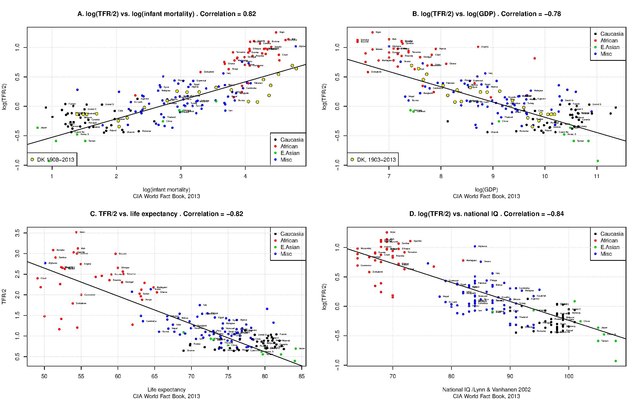









Algeria and Rwanda have been navigating complex political waters, marked by historical grievances and modern diplomatic challenges. This article delves into the intricacies of their relationship, exploring the roots of tension and the potential paths toward reconciliation.
Historical Context: The Shadows of the Past
-
Colonial Legacy: Both Algeria and Rwanda experienced devastating colonial rule, which shaped their national identities and political landscapes. Algeria's struggle against French colonialism, culminating in a brutal war of independence, contrasts with Rwanda's experience under Belgian colonialism, which exacerbated ethnic divisions.
-
The Genocide in Rwanda: The 1994 genocide in Rwanda remains a pivotal moment, influencing the country's domestic and foreign policies. Rwanda’s post-genocide leadership has sought to distance itself from perceived threats, often viewing Algeria's support for various liberation movements in Africa as a potential destabilizing factor.
Political Dynamics: Current Tensions
-
Support for Different Factions: Algeria has historically supported liberation movements in Africa, including the Polisario Front in Western Sahara, which has drawn criticism from Rwanda, especially given its relations with Morocco. As Rwanda strengthens ties with Morocco, Algeria perceives this as an encroachment on its influence in North Africa.
-
Diplomatic Engagements: The African Union (AU) has often found itself mediating between these two nations. Algeria's push for a united front against neo-colonialism sometimes clashes with Rwanda's more pragmatic approach to international relations, particularly with Western powers.
Economic Factors: Trade and Cooperation
-
Trade Relations: Despite political tensions, economic cooperation exists. The African Continental Free Trade Area (AfCFTA) presents opportunities for trade between Algeria and Rwanda, emphasizing the importance of economic ties over political disagreements.
-
Investment Opportunities: Algeria’s vast natural resources, including oil and gas, present investment opportunities for Rwanda. Conversely, Rwanda’s growing technology sector could offer Algeria avenues for modernization and development.
Regional Security Concerns
-
Security Alliances: The security landscape in Africa is evolving, with countries forming alliances based on mutual interests. Algeria's long-standing military capabilities and Rwanda's reputation for effective peacekeeping operations could lead to a re-evaluation of their relationship.
-
Counter-Terrorism Efforts: Both countries face threats from extremist groups. A collaborative approach to counter-terrorism could foster better relations, as both nations have a vested interest in maintaining stability in the Sahel and East African regions.
Cultural Exchanges: Bridging Divides
-
People-to-People Initiatives: Cultural exchanges, including art, music, and education, have the potential to soften political tensions. Initiatives that promote understanding between Algerian and Rwandan youth could pave the way for a more harmonious relationship.
-
Shared Pan-African Identity: Both nations identify strongly with Pan-African ideals. This shared identity could serve as a foundation for future collaboration, particularly in areas like environmental sustainability and public health.
The Role of the International Community
-
External Influences: Global powers, including France and the United States, play a significant role in shaping the dynamics between Algeria and Rwanda. Their foreign policies can either exacerbate tensions or facilitate dialogue.
-
The United Nations: As both countries are members of the UN, international platforms can be leveraged to address grievances and promote peace. Diplomatic efforts at the UN could help mitigate misunderstandings and pave the way for constructive dialogue.
Future Prospects: A Path Forward
-
Negotiation and Dialogue: For Algeria and Rwanda to move beyond their historical grievances, sustained dialogue is essential. Both nations must engage in open discussions to address mutual concerns and explore areas of cooperation.
-
Regional Integration: As Africa continues to integrate economically and politically, Algeria and Rwanda must recognize the benefits of collaboration. A united front in addressing continental challenges could enhance their standing on the global stage.
-
Youth Engagement: The younger generations in both countries are increasingly vocal about their desire for change. Empowering youth to participate in political processes could lead to a more dynamic and responsive relationship between Algeria and Rwanda.
Conclusion: The Road Ahead
The relationship between Algeria and Rwanda is complex, woven with threads of history, politics, and culture. Although tensions remain, opportunities for collaboration exist. By focusing on economic ties, cultural exchanges, and open dialogue, both nations can work towards a future that respects their past while embracing the possibilities of a shared destiny. As an investigative journalist, I will continue to monitor this evolving relationship, shedding light on the various facets that define it and the potential pathways that could lead to reconciliation and cooperation.
